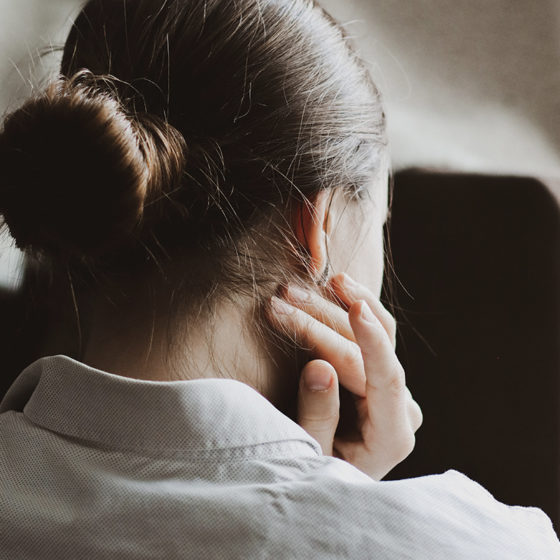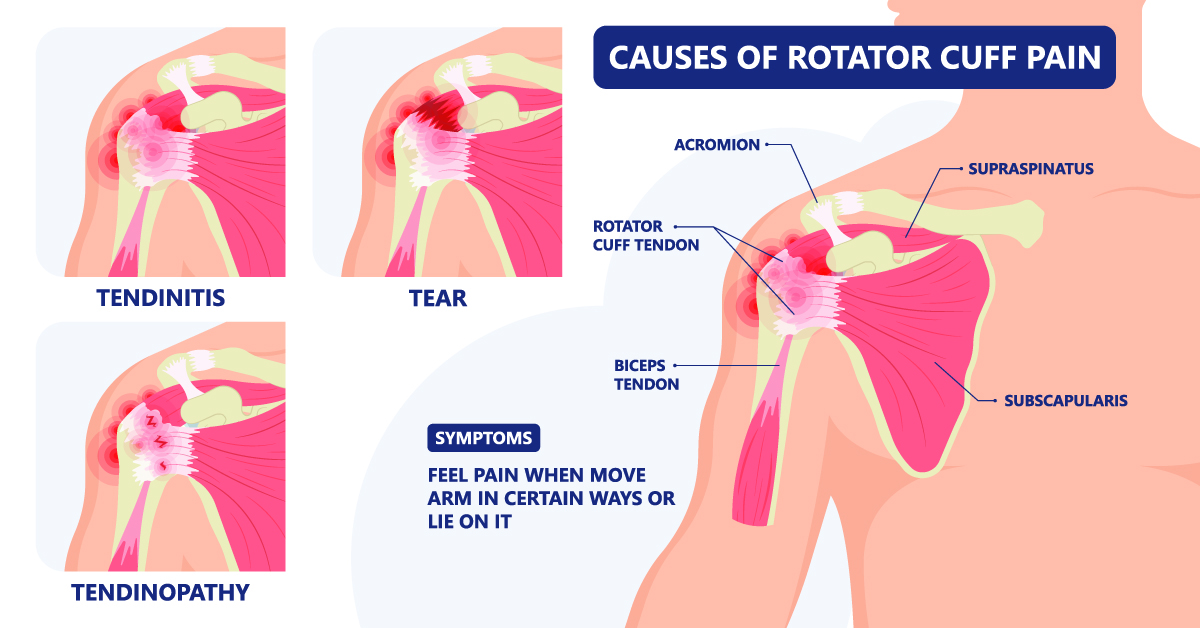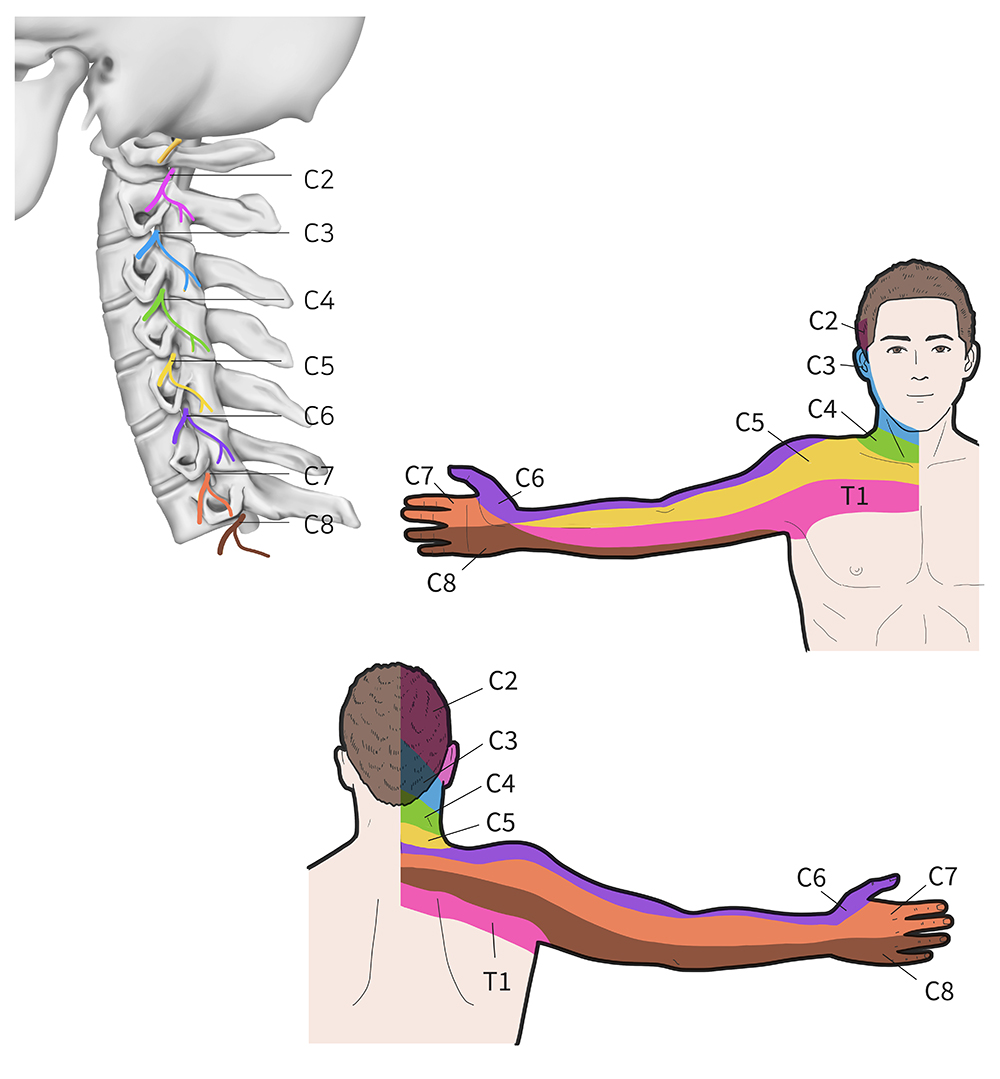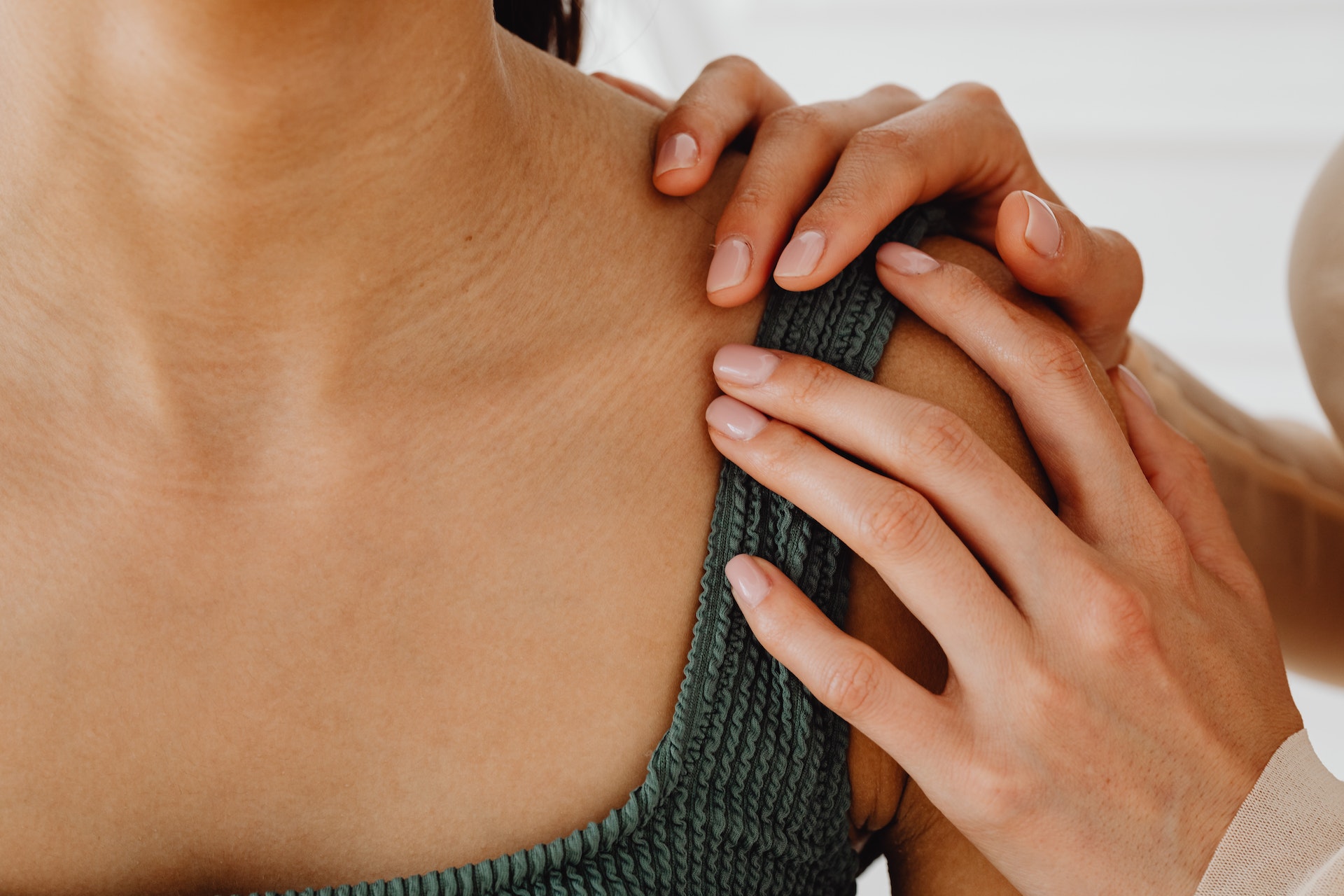ResilientRx: Modern Physical Therapy
Physical Therapy for Neck, Back, and Shoulder Pain
Receive 1:1 care by a Doctor of Physical Therapy and live pain-free again.

ResilientRx: Modern Physical Therapy
Physical Therapy for Neck, Back, and Shoulder Pain
Receive 1:1 care by a Doctor of Physical Therapy and live pain-free again.
Does neck or back pain limit you from sitting comfortably, doing everyday activities, or even exercising? If so, we at ResilientRx have worked with hundreds of clients like you who have returned to regular movement without pain!
Some of the common conditions that we treat…
- Shoulder impingement
- Rotator cuff tears
- Labral tears (shoulder)
- Neck pain
- Neck strain
- Herniated discs (neck or lumbar)
- Radiculopathy (nerve impingement or nerve pain)
Some of the common conditions that we treat…
Shoulder impingement
Rotator cuff tears
Labral tears (shoulder)
Neck pain
Neck strain
Herniated discs (neck or lumbar)
Radiculopathy (nerve impingement or nerve pain)
Rotator Cuff Tears or Impingement
What Is It?
The rotator cuff is made of 4 muscles that stabilize the humeral head on the scapular (glenoid fossa). Think of this as a golf ball on a tee. We need these muscles to stabilize the shoulder as we perform daily activities.
If any of the muscles are tight and/or weak, it impairs the normal shoulder mechanics. For example, most commonly, if the pec muscle and/or bicep, is tight or restricted, it pulls the humeral head forward. Because of this, part of the scapula compresses the top rotator cuff muscle (supraspinatus), over stretches the muscles on the back side ( infraspiantus and teres minor) and compresses the front RTC (subscapularis muscle).
It is important to also have your neck and mid-back assessed as well as impairments in these areas can refer pain into the shoulder or cause it due to compensations

Rotator Cuff Tears or Impingement
Many people complain that they:
- Cannot put on their bra or wash their back
- Are limited with reaching, lifting or reaching into the back seat of their car
- Have trouble sleeping on the affected side
- Cannot lift weights in all or certain motions because of the shoulder pain
- Have trouble washing their hair
- Have trouble throwing
Herniated Disc
What Is It?
This is also called a “slipped disc”, “HNP” (herniated nucleus pulposus), budging disc etc. This is when the inside of the disc, nucleus pulposus, which is a gel like substance, pushes through the Annulus Fibrosus, the thick outer edge.
This can cause referred pain into the shoulder upper trap neck & area. It is important to note that although there may be a structural damage on imaging such as an MRI, that this be likely heard that this occurred is usually due to compensation and repeated movements overtime. It is important to find a provider that looks at why this occurred in addition to addressing the pain as well.
It is important to note that a disc herniation does not mean there is a pinched nerve. Sometimes the herniation does not extend outside of the disc which can cause referred pain. A pinched nerve is called radiculopathy (see below).
Many people complain are that they:
- Pain radiating into the upper trap outer shoulder and mid back
- Limitations in shoulder and neck motion
- Muscle tightness in the upper trap, neck and shoulder area
- Feeling they need help “holding their neck up”

Herniated Disc
Cervical Radiculopathy
What Is It?
Cervical radiculopathy is due to impingement of the nerve root exiting the cervical spine (AKA the neck). This can occur by narrowing of the canal that the nerve extends out from (ie swelling, decreased disc height, bone spurs—AKA disc degeneration ) if >50 years, however those under <50 years it is more commonly due to a disc herniation as the disc height is better and the discs are more hydrated increasing its risk of being herniated.
When these nerves exit the spinal cord, they branch off into motor and sensory nerves (those that control our muscles and sensation). One or both of these nerve issues can be present. Most often, it is sensation changes as this nerve root closest to the disc. However, if muscle weakness is involved, this means that there may be more nerve impingement or irritation. Cervical radiculopathy can sometimes be very painful and debilitating, however, it can be treated without surgery.

Cervical Radiculopathy
Many people complain are that they:
- Have numbness tingling and or muscle weakness
- Symptoms radiating into the upper trap outer shoulder and mid back, forearm and hand
- Unbearable pain that limits their ability to perform daily activities
- Significant limitations in their shoulder and neck mobility
Labral Tear in the Shoulder
What Is It?
The labrum is a suction cup like cartilage that helps to stabilize the “ball and socket” joint of the shoulder. The “socket” part of the shoulder joint is small and lacks stability, so the stability that the labrum provides is vital to the stability in the shoulder joint.
This means that a person may feel catching, clicking or grinding in the joint due to the humeral head coming in contact with the tear. One of the bicep heads attaches to the labrum as well, so often times people can feel bicep pain (however this can also occur with rotator cuff or impingement injuries.)
When this is torn, it can cause pain or instability while reaching overhead or during repeated overhead activities. If it is a significant tear, you can feel as if it may “dislocate”.
Depending on the severity of the tear and the activities you would like to perform, physical therapy can be a great option to help restore your motion, reduce pain and improve strength. We have helped many people successfully avoid surgery by improving shoulder stability in all ranges to help reduce repeated irritation on the torn area.
Many people complain are that they:
- Feeling of shoulder instability when reaching overhead
- Clicking, locking or catching
- Pain along the bicep (front of the shoulder)
- Difficulty with repeated overhead activities.

Labral Tear in the Shoulder
Are you ready to start healing? Contact us today!
Send Us A Message

